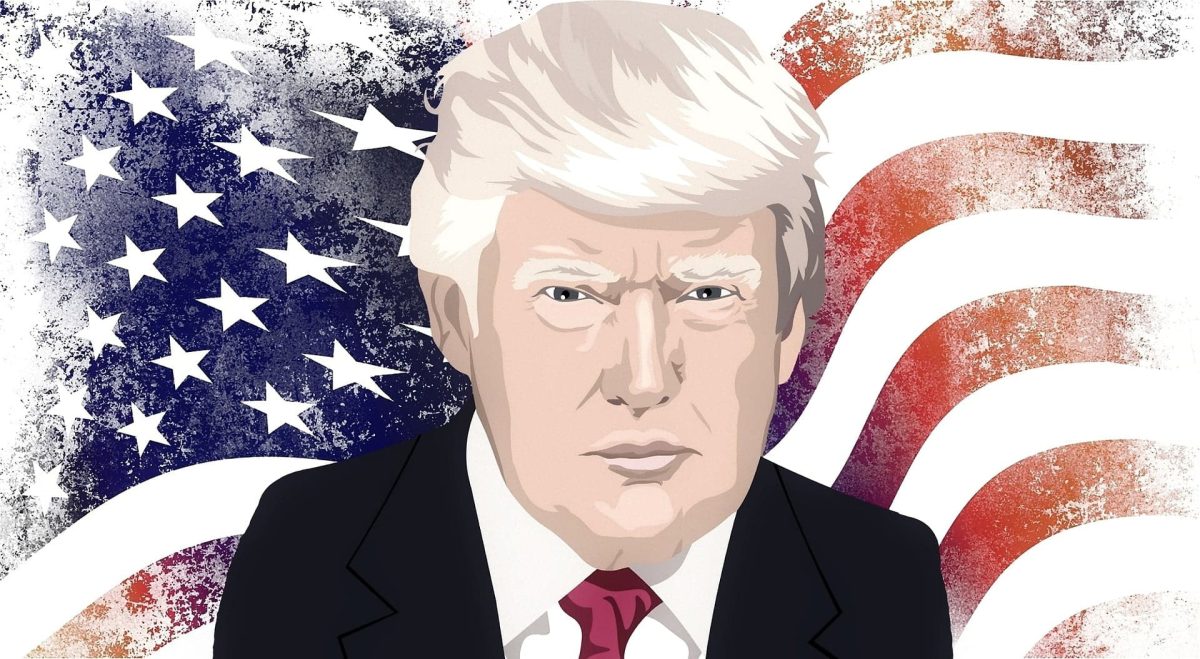- The Trump presidency may advance the Bitcoin Act, positioning Bitcoin as a U.S. strategic reserve asset.
- A crypto-friendly stance under Trump could boost Bitcoin’s institutional adoption and public acceptance.
With Donald Trump’s election to the presidency, big changes are predicted in the Bitcoin and crypto spaces. The government is expected to encourage steps that promote Bitcoin, increasing its value, acceptance, and function as a strategic reserve asset.
Important projects like the Bitcoin Act could help to confirm Bitcoin’s place in the American economy, generating more institutional and governmental demand.
Cynthia Lummis�?#Bitcoin Act promises to HODL what they have now.
It promises to BUY 200,000 $BTC per year for five years capping purchases at 1,000,000 $BTC.
That’s almost 5% of the total #Bitcoin supply.
FKING HUGE!!!
Source in comments. pic.twitter.com/EIuoYNiypJ
— Kyle Chassé / DD🐸 (@kyle_chasse) November 7, 2024
Bitcoin Act Proposal Could Establish Bitcoin as U.S. Reserve Asset
Under Trump’s direction, a significant legislative initiative aiming at designating Bitcoin as a strategic reserve asset—the Bitcoin Act—may find expression. This would mean the U.S. government buying up to 5% of the total quantity of Bitcoin, therefore giving the metal a position akin to that of gold within national reserves.
By doing this, the United States would establish Bitcoin as a real and necessary part of its financial portfolio, therefore indicating to world markets that Bitcoin is more than simply a speculative asset.
Given the government’s backing would probably inspire private sector confidence and investment, this proposal might spur a notable increase in institutional interest.
“This policy action might redefine Bitcoin’s position in the financial space,” stated a top analyst of Coin Shares.
Trump’s SEC Reform Plans Could Ease Crypto Regulations
Another area of possible influence for Bitcoin is Trump’s stance toward the regulatory surroundings. Particularly with relation to how the Securities and Exchange Commission (SEC) handles digital assets under current direction, his government has regularly attacked it.
Trump’s team hopes to create a more friendly regulatory climate for digital assets by bringing in fresh SEC commissioners more receptive to crypto, therefore enabling Bitcoin and other cryptocurrencies to run with more liberty.
Trump’s expected actions at the SEC coincide with significant crypto-related campaign donations, including well-known industry players like Coinbase and Ripple, as well as crypto-specific superPACs listed among the highest fundraisers in this election cycle.
These organizations are supposed to advocate legislative changes in Congress supporting Bitcoin and other cryptocurrencies.
Under Trump, fiscal policy may potentially provide a favorable environment for the value and attraction of Bitcoin. Trump has openly said he wants Elon Musk to help lower the national debt and cut government expenditures.
Renowned for his frugal nature, Musk would oversee a suggested “Department of Government Efficiency (D.O.G.E.)” meant to cut federal spending by $2 trillion, as we previously noted. Though he admitted that this target will cause “temporary hardship,” Musk said it is necessary for “long-term prosperity.”
This cooperation emphasizes Trump’s emphasis on fiscal reform—that is, on lowering expenses in favor of efficiency. Combining budgetary constraint with a liberalization of monetary policy might boost liquidity without raising government debt—a mix that has traditionally been good for assets like Bitcoin.
Supportive Policies May Propel Bitcoin Toward Mainstream Institutional Adoption
Attracting investors seeking substitutes for conventional economic assets, Bitcoin has become a hedge against currency devaluation in times of financial boom. Under these circumstances, Bitcoin might attract a wider view of investors looking to protect their money amid economic uncertainty.
Beyond laws and financial policies, Trump’s government might help to change the public and institutional view of Bitcoin. The picture of Bitcoin is changing from a volatile, specialist investment to a popular financial instrument as more well-known people support the asset.
Though record Bitcoin inflows this year, more general institutional acceptance remains somewhat modest. Supportive policies from the Trump administration could cause financial institutions to start including Bitcoin as a regular portfolio component, therefore hastening its acceptance within the financial industry and increasing demand.


